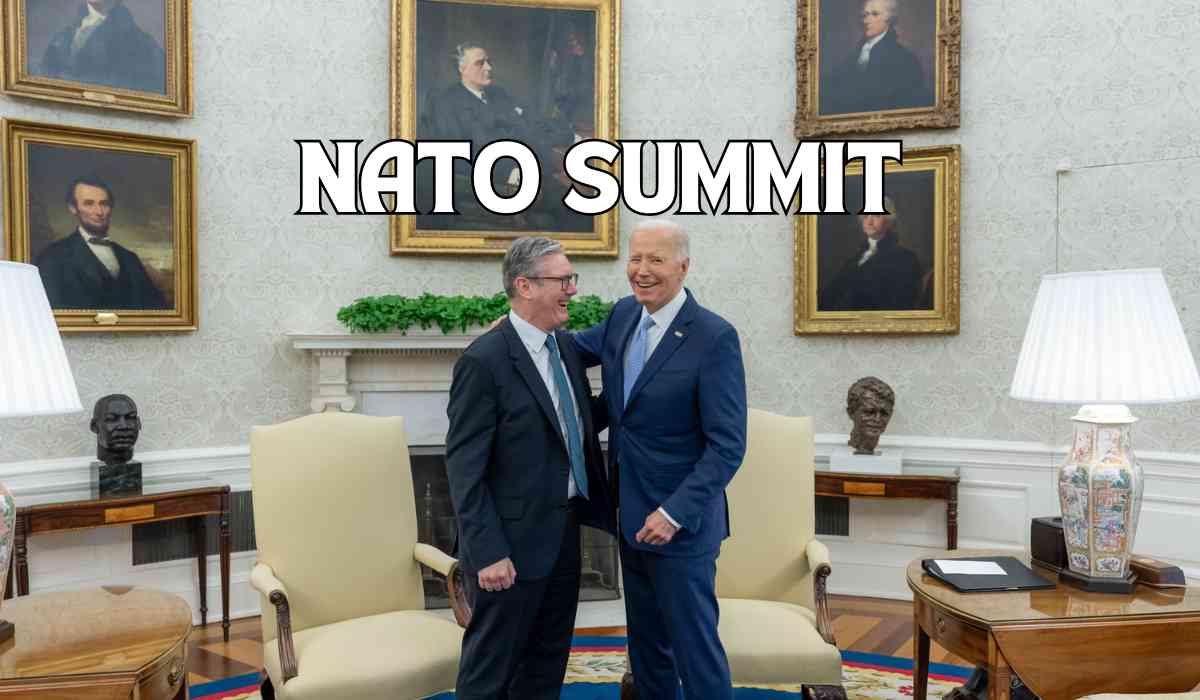NATO leaders convened to mark the alliance's 75th anniversary this week, overshadowed by significant political uncertainty within its most powerful member, the United States. Despite ongoing discussions about President Joe Biden's future and the potential implications of a return to power for NATO skeptic Donald Trump, the 32 allied nations projected unity and resolve, particularly concerning the ongoing conflict in Ukraine.
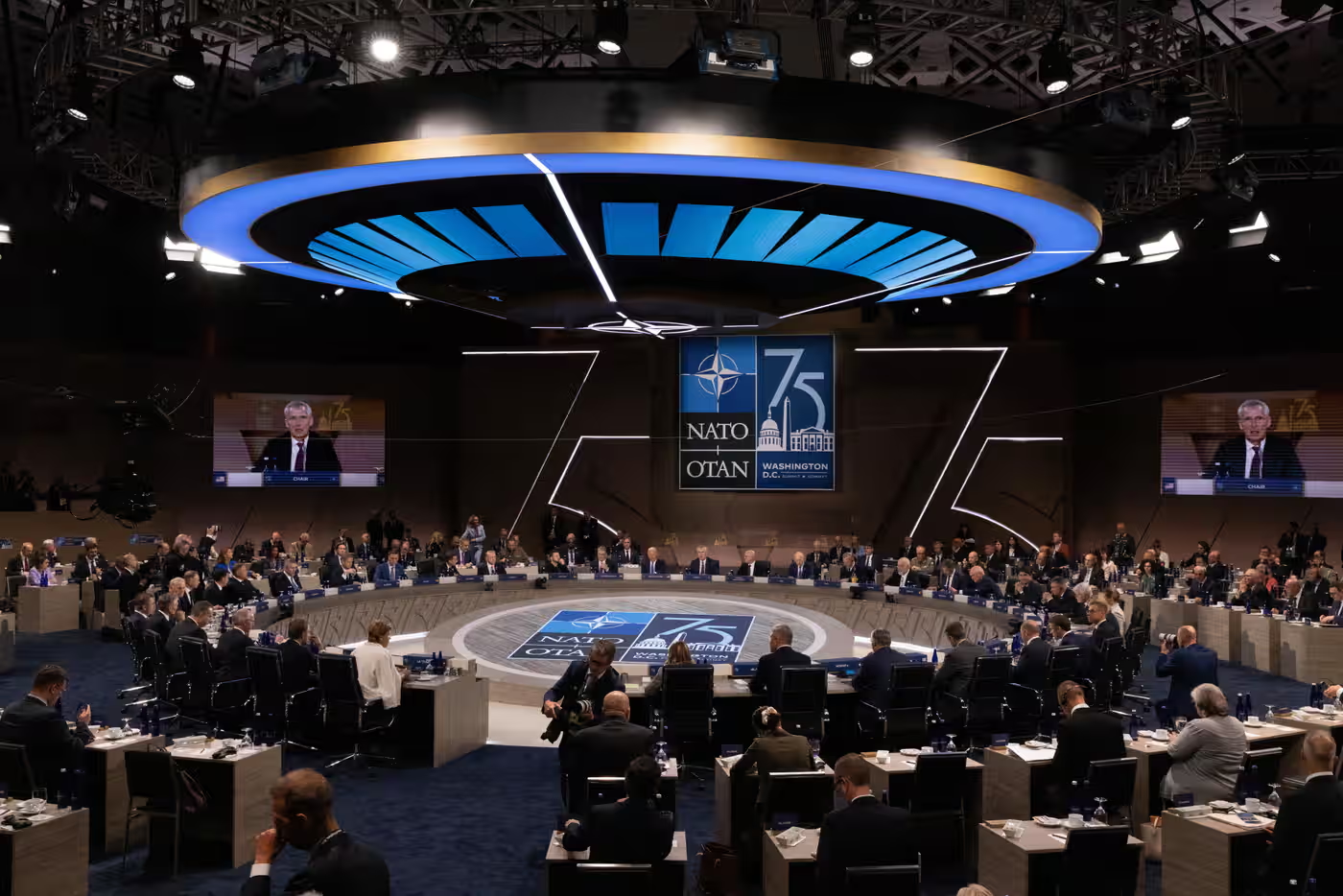
During the three-day summit held in Washington, key topics included the escalating threat from China, the situation in Ukraine and Russia, and the future direction of NATO. All eyes were particularly focused on Biden, who aimed to use the summit to showcase his leadership as a pillar of the free world while grappling with the challenges of his re-election campaign. Biden's position has come under scrutiny, especially following a lackluster performance in a recent debate against Trump.
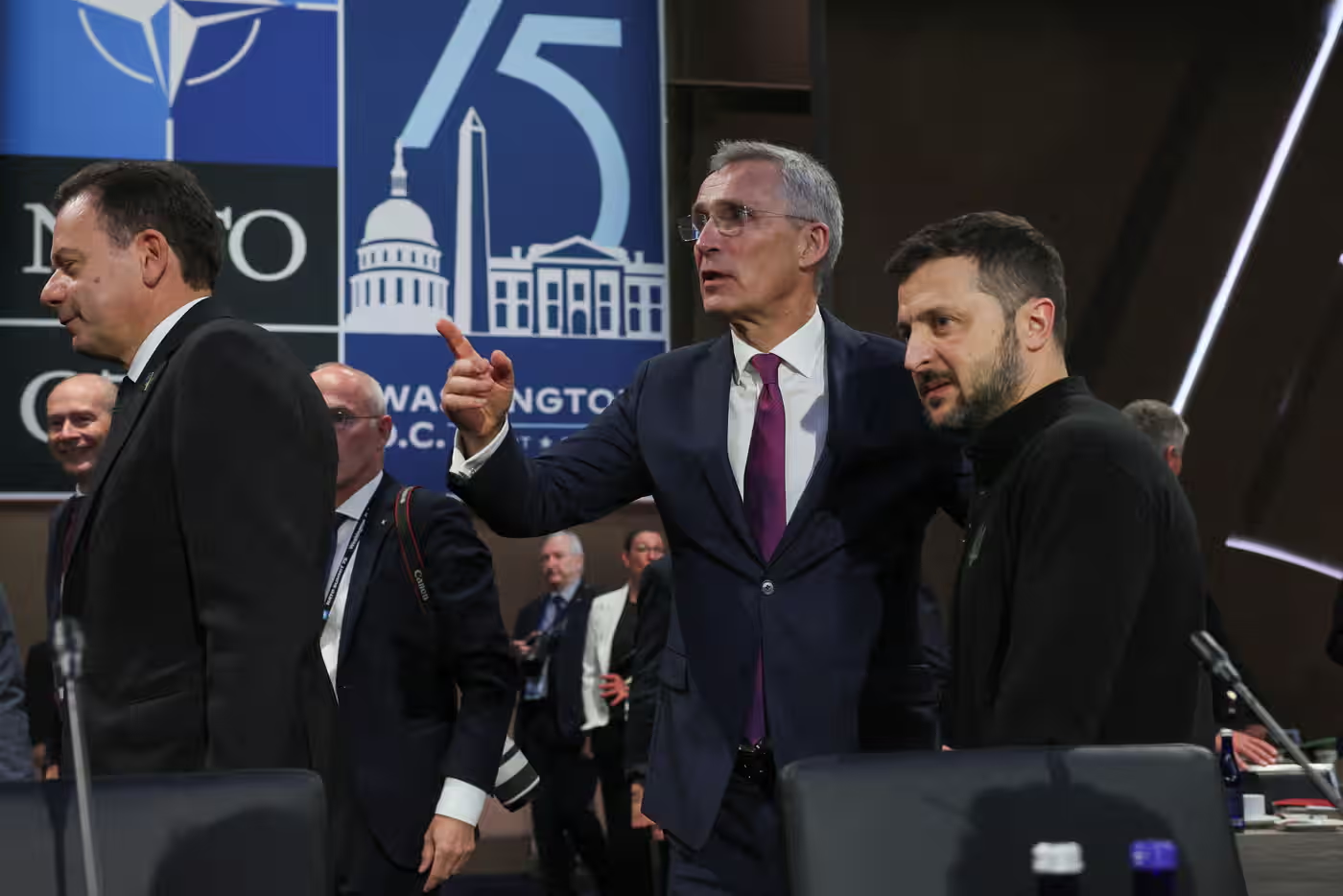
- Biden Mixes Up Names at High-Stakes News Conference
In a moment that drew significant attention, President Biden confused the names of his Vice President, Kamala Harris, and his Republican opponent, Donald Trump, during a crucial news conference aimed at alleviating concerns about his age and fitness for re-election.
“Look, I wouldn’t have picked Vice President Trump to be vice president if she was not qualified to be president.
So start there,” Biden stated while responding to a Reuters inquiry about his confidence in Harris. This gaffe followed shortly after Biden mistakenly referred to Ukrainian President Volodymyr Zelensky as “President Putin.”
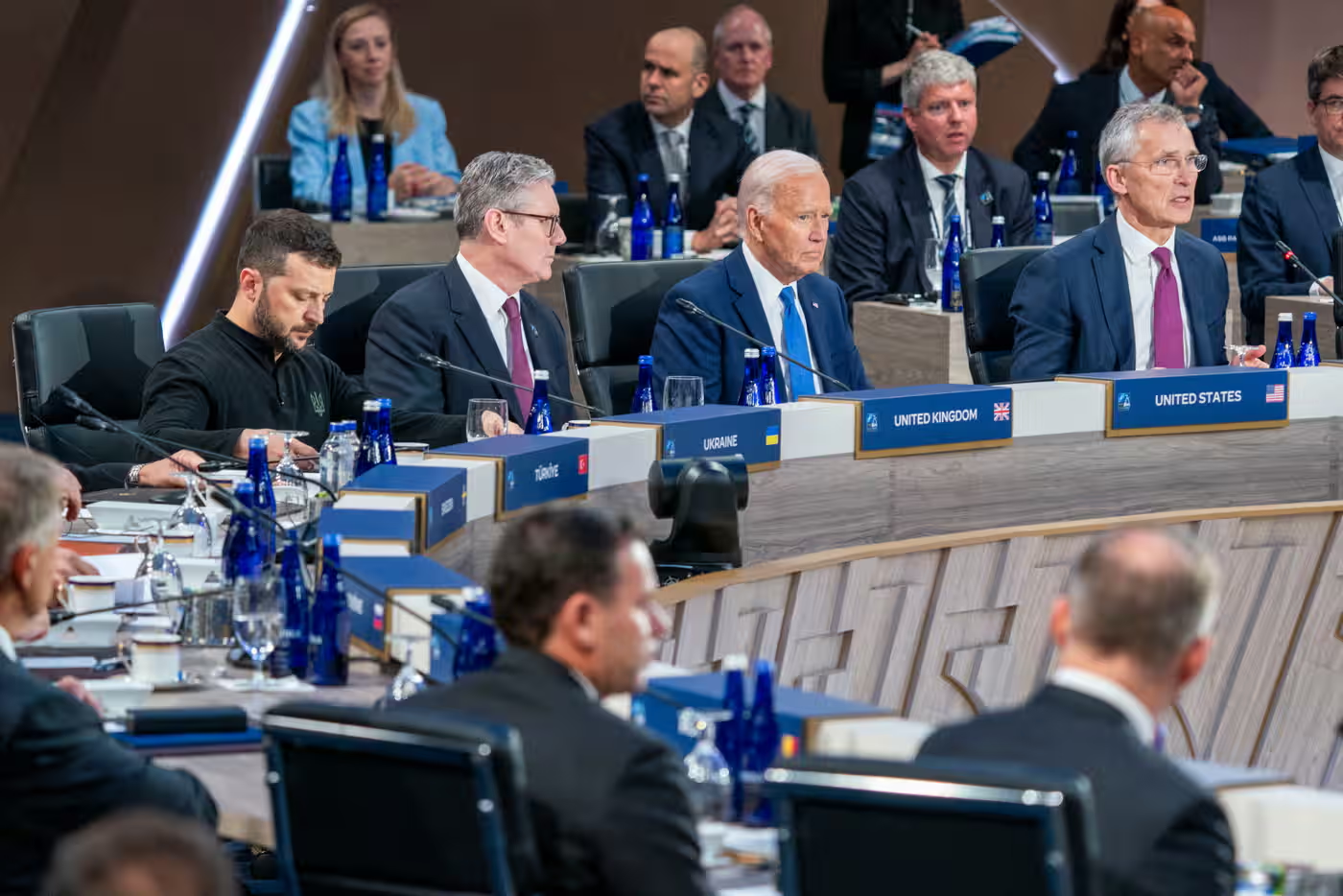
- Incorrectly Introducing Zelensky as ‘President Putin’
During the summit, Biden again stumbled, mistakenly calling Ukrainian President Volodymyr Zelensky “President Putin.” His comment—“And now I want to hand it over to the president of Ukraine, who has as much courage as he has determination, ladies and gentlemen, President Putin”—was quickly corrected.
This slip elicited gasps from the audience, leading Biden to clarify, “Going to beat President Putin, President Zelensky. I am so focused on beating Putin.” Zelensky humorously responded, “I am better (than Putin),” to which Biden affirmed, “You are a hell of a lot better,” generating laughter before Zelensky began his own address.
Biden's recent missteps have intensified scrutiny regarding his suitability for re-election, with voices within his own Democratic Party expressing doubts.
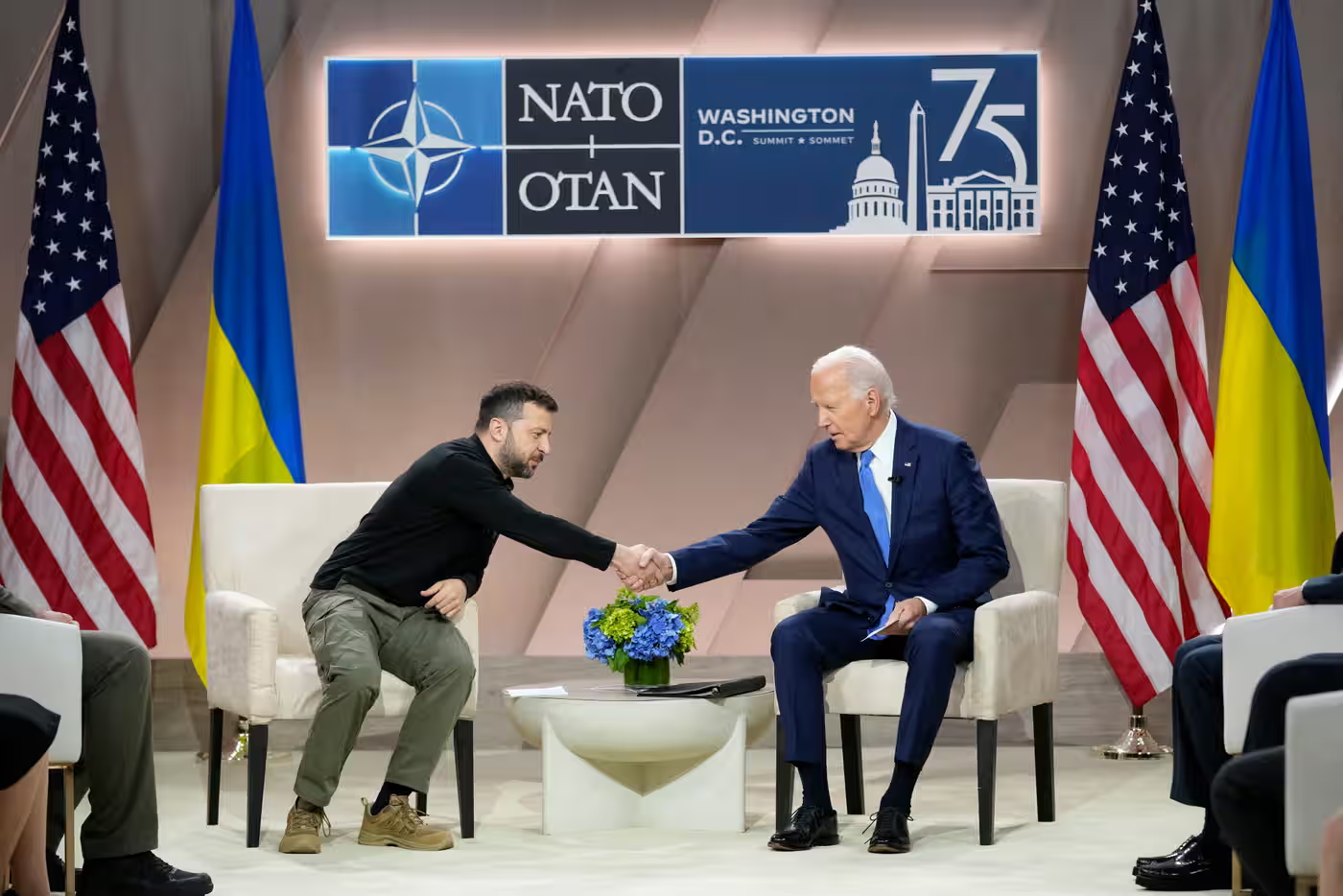
- Support from Macron and Scholz Amid Controversy
NATO leaders largely chose to overlook or deflect questions regarding Biden's recent gaffes, instead emphasizing his leadership qualities and NATO's accomplishments during his presidency. French President Emmanuel Macron and British Prime Minister Keir Starmer both defended Biden, with Macron commenting, “We can all have a slip of the tongue.”
He also expressed confidence in Biden’s grasp of international issues, stating, “He knows the issues, and around the table, he is amongst those who have the greatest depth of knowledge on these international issues.” Starmer, who was making his debut on the international stage, echoed these sentiments, focusing instead on the summit's achievements.
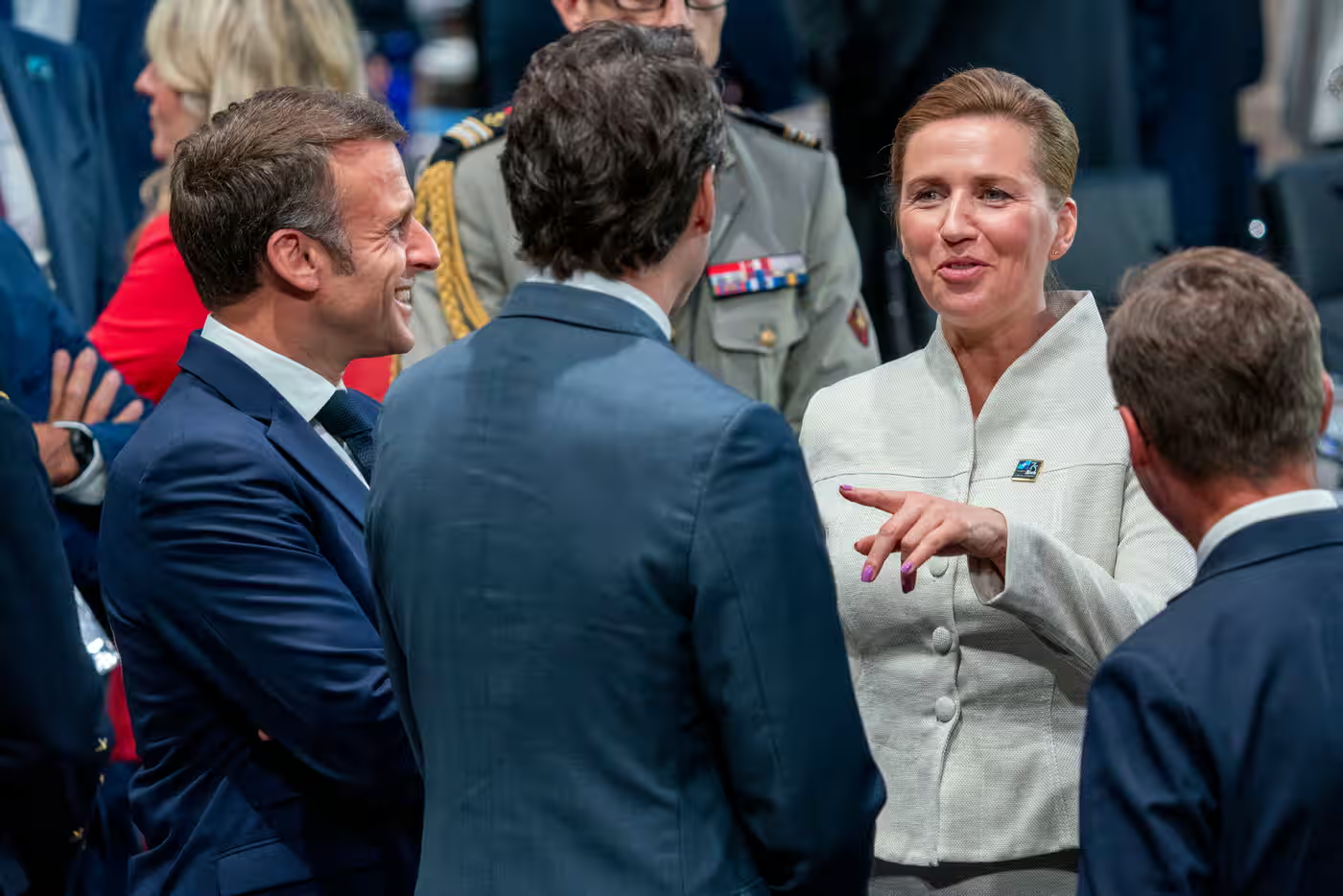
- The Shadow of Trump Over the Summit
The specter of a potential Trump presidency looms large over the summit, raising concerns in several European capitals. Trump has previously questioned NATO's relevance, suggested a U.S. withdrawal from the alliance, and indicated he might not defend allies failing to meet the 2% defense spending commitment.
In his news conference, Biden asserted that he is the “best-qualified person” to maintain NATO’s strength and prevent Ukraine from falling to Russian aggression. He expressed worries that Trump’s foreign policy inclinations lean towards authoritarianism, which could destabilize relationships within Europe.
NATO Secretary-General Jens Stoltenberg remained optimistic about the U.S. commitment to the alliance, citing bipartisan support in Congress.
In a separate interaction, Trump stated on Fox News Radio that he does not want the U.S. to exit NATO, clarifying, “No, I want them to pay their bills.” Zelensky, during the summit, also voiced his hope that U.S. policy towards Ukraine would remain unchanged under a Trump administration.
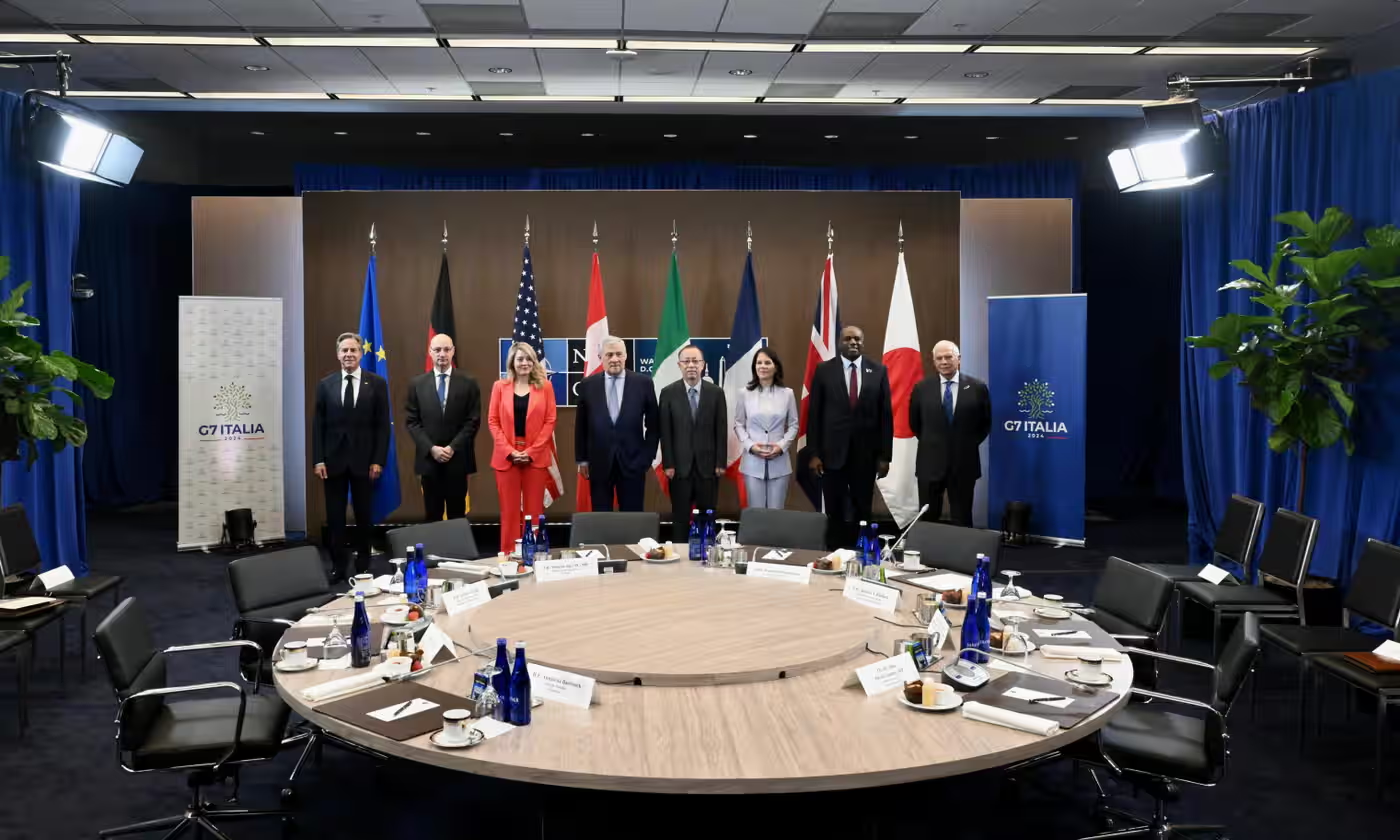
- Ukraine Receives Support and Aid
While NATO did not extend an invitation for Ukraine to join the alliance, the leaders affirmed that Ukraine is on an “irreversible path” to NATO membership. They committed to maintaining a baseline of approximately $43 billion in annual support to Ukraine as it defends itself against Russian aggression.
The allies also announced new pledges for air defense, including Patriot missile systems and F-16 fighter jets, and emphasized that individual security agreements with Ukraine serve as a “bridge to NATO.” The joint communique stated, “Ukraine’s future is in NATO.” President Zelensky welcomed the support but urged for expedited assistance and the lifting of restrictions on the use of U.S. weapons against military targets in Russia.
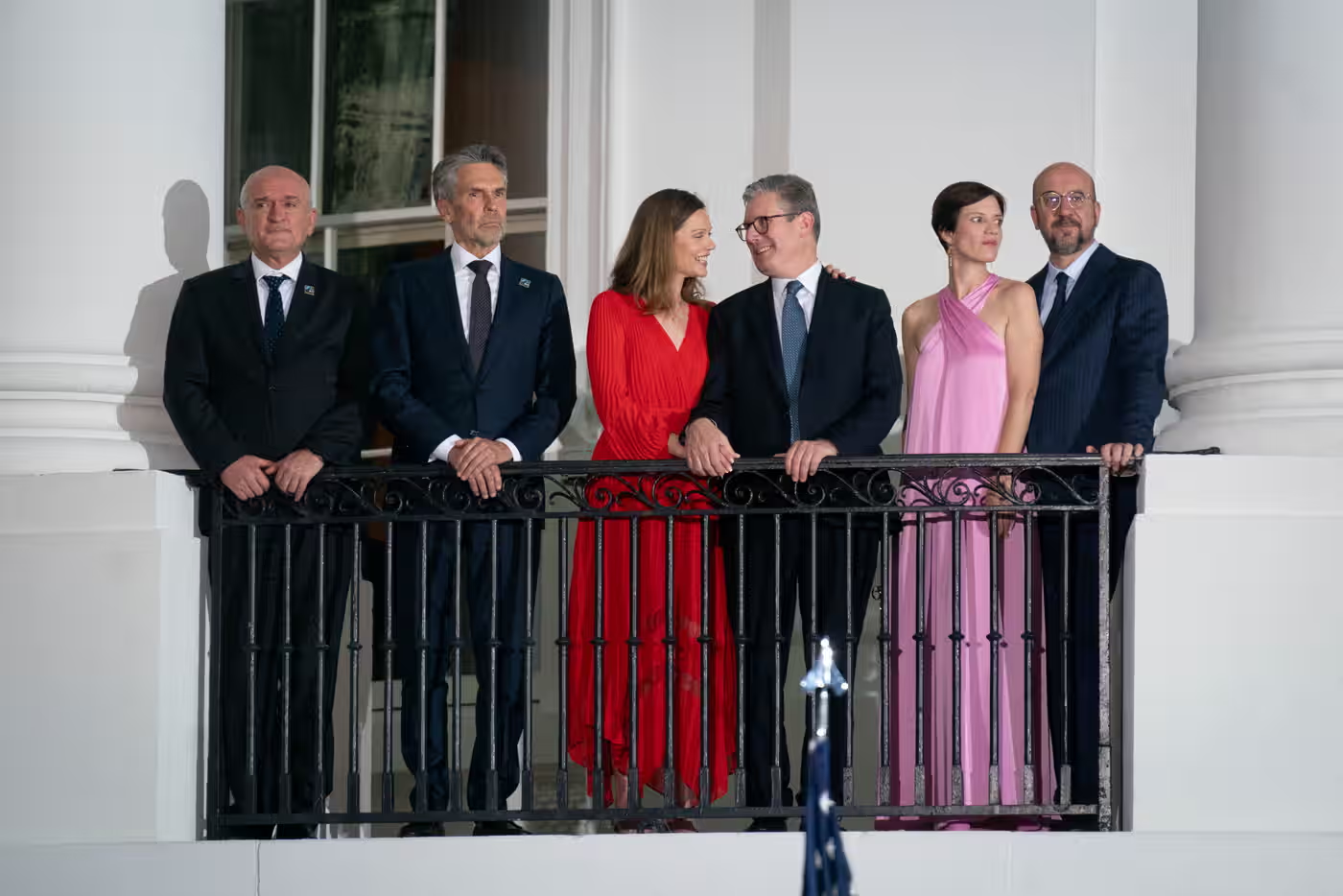
- Strong Words for China
NATO leaders expressed growing concern over China’s assertiveness, adopting a more robust stance in their communique by labeling China a “decisive enabler” of Russia’s war efforts. They highlighted that Chinese investments and dual-use exports are bolstering Russia’s defense capabilities, enabling it to circumvent Western sanctions.
This prompted a collective statement from the Indo-Pacific nations—Japan, South Korea, New Zealand, and Australia—who attended the summit, condemning the illicit military cooperation between Russia and North Korea. NATO's Secretary-General Jens Stoltenberg emphasized the importance of global cooperation to preserve peace and the rules-based international order.
The NATO summit served as a platform for affirming the alliance's commitment to collective security, especially in light of the ongoing challenges posed by Russia and China, while also navigating the internal political dynamics within the United States.
With inputs from agencies
Image Source: Multiple agencies
© Copyright 2024. All Rights Reserved Powered by Vygr Media.

